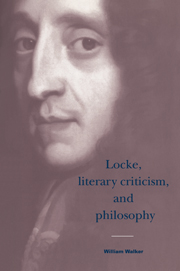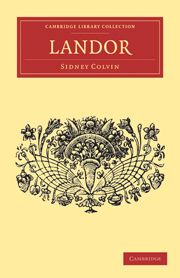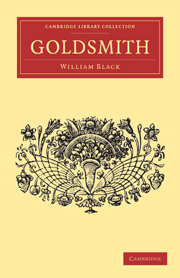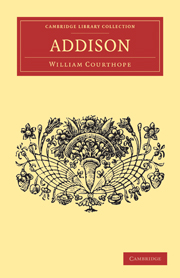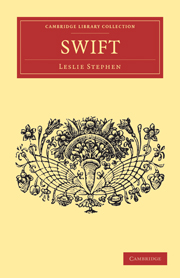Locke, Literary Criticism, and Philosophy
William Walker's analysis of John Locke's An Essay Concerning Human Understanding offers a challenging and provocative assessment of Locke's importance as a thinker, bridging the gap between philosophical and literary-critical discussion of his work. He is revealed as a crucial figure for emerging modernity, less the familiar empiricist innovator and more a proto-Nietzschean thinker. Walker's reading of Locke is finely attentive to the text and resourceful in placing the Essay in its broadest philosophical and historical context.
- The first study to engage with Locke through philosophy and literary-criticism
- Presents Locke in a new light as crucial for the development of modernity and as a proto-Nietzschean thinker
- Important for literary theory: includes a chapter on Locke and De Man
Product details
March 2006Paperback
9780521024747
248 pages
229 × 152 × 15 mm
0.368kg
Available
Table of Contents
- Acknowledgements
- Part I. Introduction:
- 1. Locke, literary criticism and philosophy
- Part II. Mind:
- 2. Substance, space, labor, and property
- 3. Acquaintance
- 4. Seeing and touching
- 5. Force
- Part III. Trope:
- 6. De Man on Locke
- 7. Locke and Nietzsche
- Part IV. Conclusion:
- 8. Locke, literary criticism, and philosophy
- Appendix
- Bibliography
- Index.

